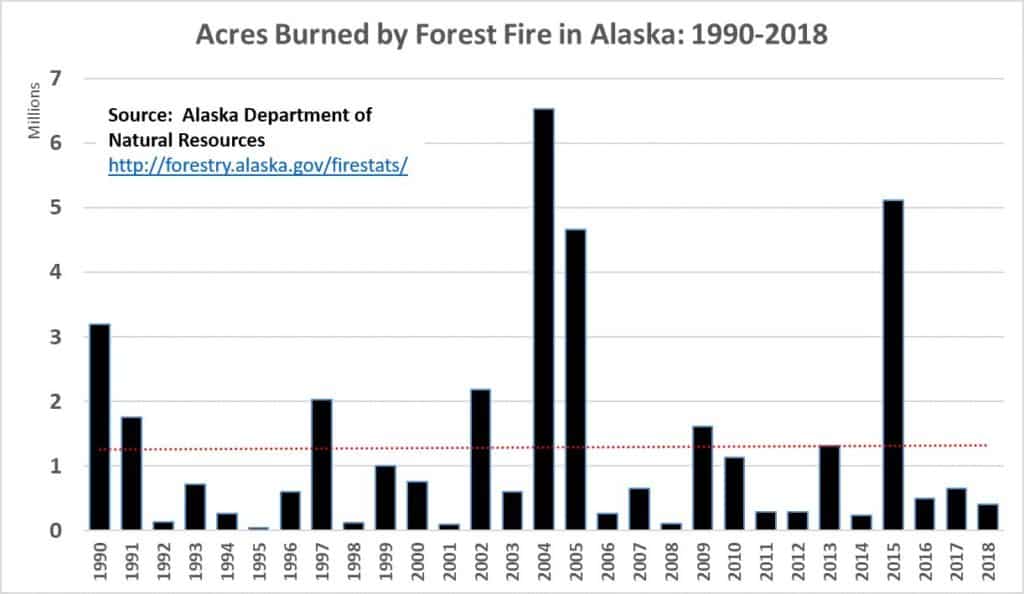
This piece in The Economist talks about wildland fire and firefighting in Alaska, a topic of interest to us. It appears, though, that pieces of information have been collected in order to generalize to the below conclusions.
More heat than light
There are two big cautionary lessons here. One is that, beyond the dysfunction in Washington, the excellence of America’s institutions is creating a false sense of security about the long-term threats its politicians are neglecting. That is starkly true of America’s early efforts to adapt to global warming. But much the same could be said for its armed forces, diplomatic service, judiciary and other institutional crutches against manifold threats. This is not sustainable. Without better leadership, there will be a reckoning.The second lesson, given how little public attention has been paid to the wildfires, is that there is little reason to think increased natural disasters alone will produce the necessary leadership. Many Americans, and by extension their politicians, are already becoming inured to global warming’s devastating effects.
(my italics, “little attention”, where? Not in government nor in the press…)
What was most interesting to me was that Roger Pielke, Jr. decided to look up trends (on the Alaska State Government wildfire database here)
There’s an interesting discussion on Roger Pielke (Jr.)’s Twitter feed here. He found the statistics and posted them (see figure above). David Greene tweeted a correction, so it looks like someone checked on Roger’s figure. Meanwhile I took a look at 2009 to check David’s checking and found that 1.35 M acres were WFU, but I couldn’t find any WFU in the years before or after. Maybe someone knows more about this…
But back to the Economist story.
“A few thousand wildfire fighters stand between America and a terrible reckoning” That seems a bit of a low estimate, based on other figures.
“Wildfire fighters are racking up twice as much overtime as they were a few years ago, in part because there are fewer of them. The number of federal firefighters has fallen by over 2,000. That is a result of cost-cutting and also increased competition for free spirits from fracking and other extractive industries in the western states. More hazardous infernos are another disincentive. Almost 200 wildlife firefighters have perished in the past decade. America is therefore starting to run short of some of its most heroic public servants even as its need for them soars.
Areas formerly prioritised for protection—including native American forest—are being abandoned in times of high activity. And there will be more of these. Climate models augur a huge increase in wildfires’ frequency and range. Yet with many politicians on the right denying the reality of global warming, no government or agency has made a serious effort to model what firefighting resources will be needed, to defend what areas and at what cost.
I looked around on the internet in the usual places and couldn’t easily find totals for different kinds of wildland firefighters through time, but I did find this article about California firefighters and the different places firefighters come from. I don’t know where the author got his information that “fracking and other extractive industries” were the competition for firefighter, and not, for example, the burgeoning wind and solar industry in the West.
Now it appears that a State with a D governor, that is, California, is taking action to increase the number of firefighters. But maybe CalFire hasn’t done what the author of the Lexington column thinks is appropriate future modelling. And if that’s the case, it’s not because he’s an R.
I had to sign up for The Economist and they sent me a welcome email.
Welcome to The Economist. I look forward to introducing you to our distinct blend of fact-filled reporting, mind-stretching analysis and elegant writing. Since 1843 we have been the voice of progress in politics, business, science and culture.
I guess it’s mind-stretching if you feel you need to research every claim made :).